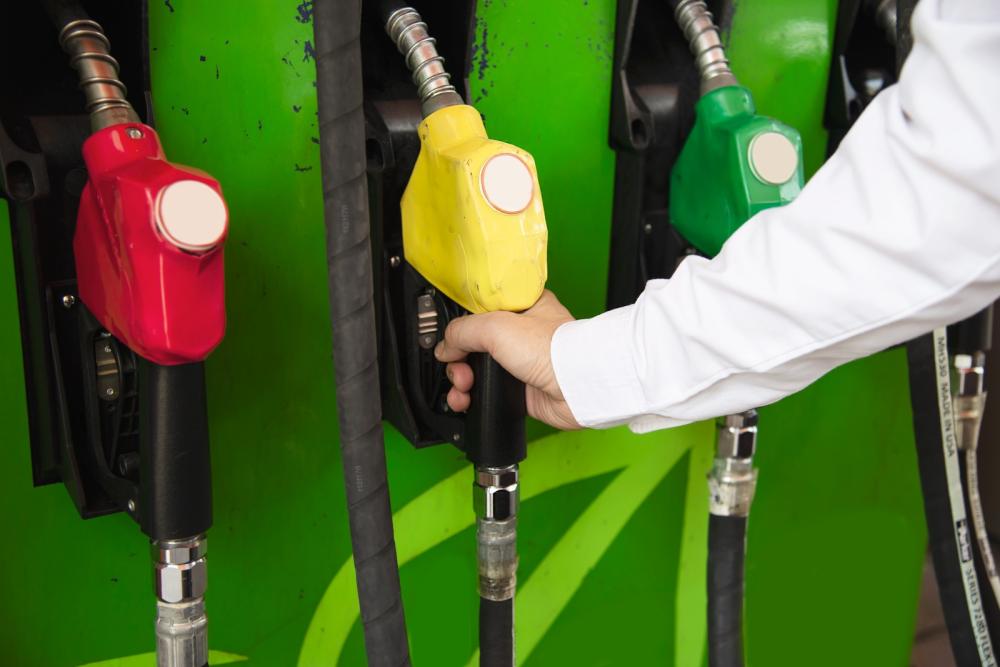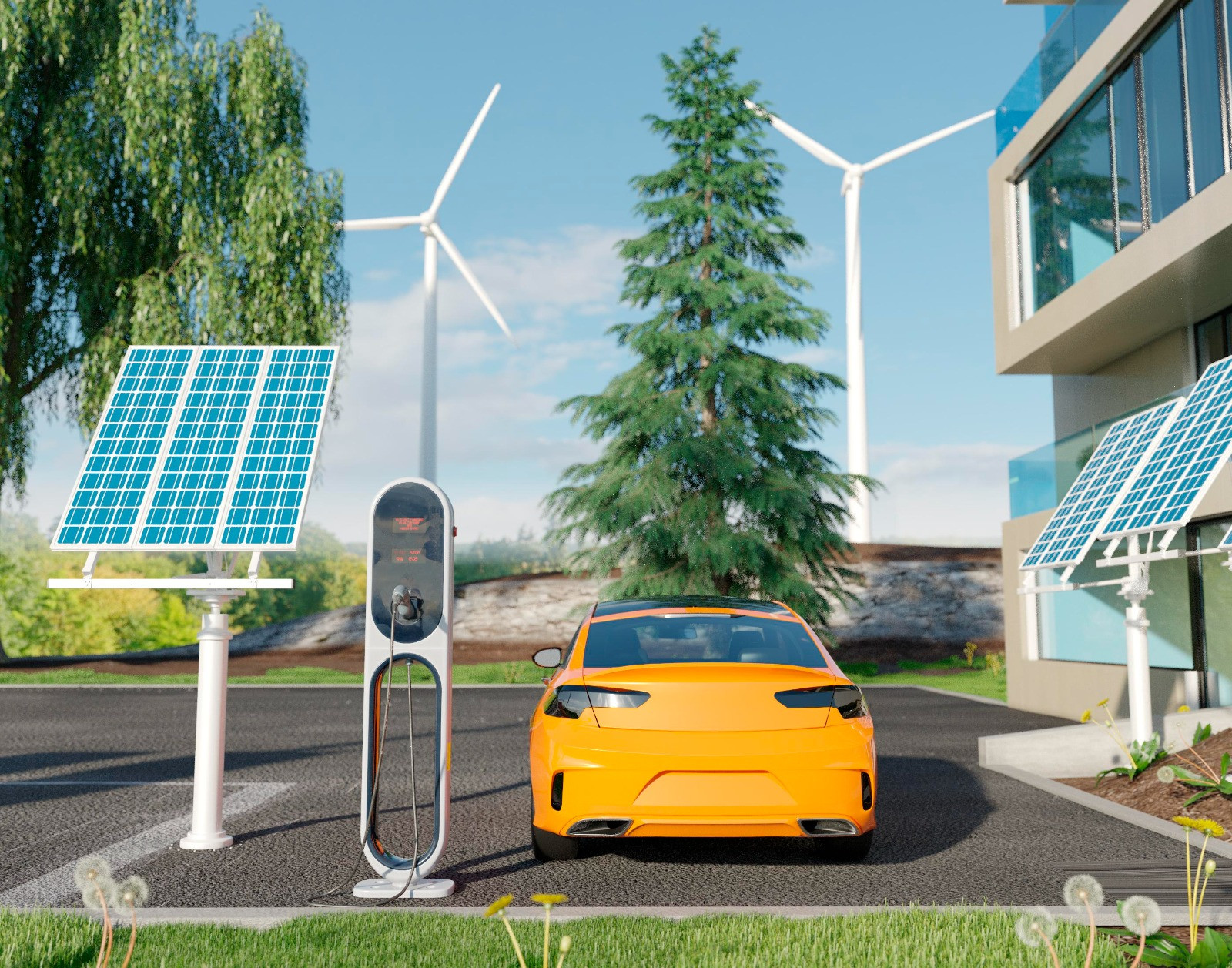
Our Mobile Home
Vehicles, for their owners, have often been reffered to as mobile homes; and together with houses, form unique habitat for of security, comfort and wellbeing . It is therefore necesary for us to promote the care of our homes as well as our cars.
Clean environments , good ventilation and natural comfortability of our surroundings are necessary for a healthy lifestyle , and this is where the necessity of clean energy usage, as far as vehicles and builsdings are concerend, comes to fore. As such, it is necessary - for global and personal health and well being - to ditch fossil fuel usage for clean renewable energy use.
What Are Fossil Fuel Vehicles ?
Fossil fuel vehicles are vehicles that run on fuels derived from natural resources, especially from gasoline (petrol) and diesel, both of which are refined from crude oil.
They utilise internal combustion engines (ICEs) that burn the fuel to generate power, which drives the vehicle.
Most cars, trucks, buses, motorcycles, and other forms of motorized transport fall under this category.
Why Petrol and Diesel Cars Are Bad for The Environment
The transportation sector, including cars, trucks, ships, trains, and planes, is heavily reliant on fossil fuel and is a significant contributor to global greenhouse gas emissions..jpeg)
Globally, transportation contributes about 16% of total greenhouse gas emissions, and of the emissions from the transportation sector, road vehicles (such as passenger cars and trucks) are the largest contributors.
Most vehicles still use petrol and diesel engines, and passenger cars alone account for around 50% of transportation-related emissions.
Fossil fuel vehicles are known to emit carbon dioxide (CO2), nitrogen oxides (NOx), and other pollutants, contributing to air pollution and climate change.
The Health Argument Against Fossil Based Cars
Petrol and diesel vehicles also emit pollutants like nitrogen oxides, particulate matter, and volatile organic compounds, which degrade air quality and affect individual health and wellbeing.
It is therefore necessary to recognise that low carbon energy emissions in transportation is vital for environmental sustainability, economic resilience, and public health and wellbeing improve air quality and thus promote health..jpeg)
Low-carbon transportation options, particularly electric vehicles, produce zero tailpipe emissions, leading to cleaner air and reduced health risks such as respiratory and cardiovascular diseases.
In response to environmental concerns, there has been a growing shift towards electric vehicles (EVs) and alternative fuels.
The Decarbonisation of Cars
While we shouldn’t get rid of cars completely, the decarbonisation of cars through a preference for electric vehicles will create rapid reductions in CO2 emissions compared to a petrol or diesel car.
In doing this, the UK government is planning to decarbonize the transport sector and reduce transport emissions by phasing out petrol and diesel vehicles by 2030 and by promoting the use of electric vehicles, public transport, and active travel modes such as walking and cycling. we shall have to drive less and walk, cycle or use public transport more.
The Case for Electric Vehicles
 Transportation is a major contributor to greenhouse gas emissions. By adopting low-carbon transportation technologies, we can significantly cut down on CO2 emissions, slowing the rate of global warming and reducing the associated impacts, such as extreme weather events and rising sea levels.
Transportation is a major contributor to greenhouse gas emissions. By adopting low-carbon transportation technologies, we can significantly cut down on CO2 emissions, slowing the rate of global warming and reducing the associated impacts, such as extreme weather events and rising sea levels.
Electric motors have efficiencies of around 90-95%, compared to 20-30% for petrol or diesel vehicles.
We Have a Duty of Care!
The earth is our only home and it is important to our survival, but over the years, mankind has overindulged in its resources. To correct this anormaly, we can bring this 'home'- back home a litle bit, since charity begins at home! We have a duty of care to our planet, but this duty of care begins by taking up the responsibility of promoting and acting to bring about appropriate energy use and behaviour, especially within the building and the transport sector.